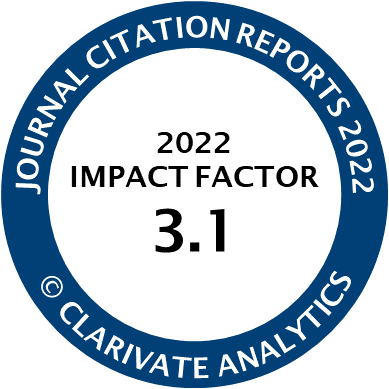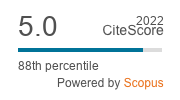Article | Open Access
Googling Referendum Campaigns: Analyzing Online Search Patterns Regarding Swiss Direct-Democratic Votes
| Views: | 1272 | | | Downloads: | 758 |
Abstract: In direct democracies, voters are faced with considerable information demands. Although search engines are an important gateway to political information, it is still unclear what role they play in citizens’ information behavior regarding referendum campaigns. Moreover, few studies have examined the search terms that citizens use when searching for political information and the potential “user-input biases” in this regard. Therefore, we investigate to what extent citizens search online for information about upcoming referendums and what differences emerge between proponents, opponents, and non-voters regarding the search terms they used and the results they visited, related to three national ballot proposals voted on in Switzerland on November 28, 2021. The study combines cross-sectional survey data with longitudinal digital trace data containing participants’ Google Search histories obtained through data donations. Our findings show that participants rarely used Google to search for information about upcoming referendums. Moreover, most ballot-related searches employed rather neutral search terms. Nevertheless, a qualitative analysis of the search terms points to differences between different voting groups, particularly for the most prominent proposal around a Covid-19 law. The study provides interesting insight into how citizens search for information online during national referendum campaigns.
Keywords: data donation; direct democracy; Google; online search patterns; political information; referendum campaigns
Published:
© Sina Blassnig, Eliza Mitova, Nico Pfiffner, Michael V. Reiss. This is an open access article distributed under the terms of the Creative Commons Attribution 4.0 license (http://creativecommons.org/licenses/by/4.0), which permits any use, distribution, and reproduction of the work without further permission provided the original author(s) and source are credited.




